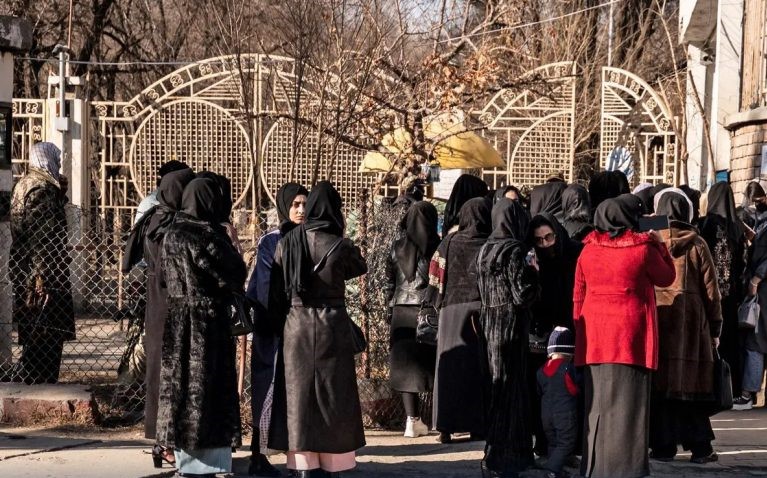 Silk Way Weekly: Abdul Baqi Haqqani, the head of the National Examinations Department under the control of the Taliban, has announced that new questions have been prepared in accordance with the current syllabus for this year’s entrance exam. He did not give more details about the type of exam questions and the “current syllabus “.
Silk Way Weekly: Abdul Baqi Haqqani, the head of the National Examinations Department under the control of the Taliban, has announced that new questions have been prepared in accordance with the current syllabus for this year’s entrance exam. He did not give more details about the type of exam questions and the “current syllabus “.
The first round of the national entrance exam is scheduled to be held in Bamyan, Paktia, Takhar, Jawzjan, Sar e pol, Khost, Faryab, Logar, Daykundi and Ghor provinces for today and tomorrow – 20th and 21st of July – but without the presence of girls.
Abdul Baqi Haqqani, by publishing a message, said that the National Examinations Administration has made all the necessary preparations for the entrance examination and the conditions have been provided for holding a transparent examination and finding the way for qualified people to enter public universities. Meanwhile, concerns about the Taliban’s intervention in educational systems, including the introduction of Taliban forces to public universities that do not have any degree from official institutions, have increased in an unprecedented manner.
Sources in different provinces have told the media that those Taliban forces who studied in Pakistani schools and did not know how to read and write are simply introduced by Taliban mullahs to public and private universities.
In the past two years, the Taliban group has awarded bachelor’s degrees to thousands of its forces who have received jihad, religious and even military training in religious schools. Now, tens of thousands of Taliban forces are in the process of graduating from bachelor’s degrees in various fields, and Taliban officials provide them with certificates from educational institutions. With this trick, the Taliban want to respond to the criticism of the people and international institutions that most of the Taliban officials are illiterate or clerics.
In the past two years, the Taliban, on the one hand, by changing the educational curriculum, want to adapt the thoughts of children and the society to their violent and radical policies, and on the other hand, by providing education certificates to the Taliban forces, they want to gain control over government and education. In addition institutions, the Taliban group, using its power and competence, tries to prevent the presence and participation of non-Pashtun ethnic groups and women in education and work, especially in government institutions.
Based on the exclusion policy, the Taliban did not allow girls to participate in the entrance exam this year and said that only boys participate in this exam. In nearly two years of its rule in Afghanistan, the Taliban has adopted and implemented extremely strict and discriminatory policies towards women. This group, in a structured and gradual manner, prohibited women from education, work and public life and now, women have completely disappeared from the social scenes.
The intervention of the Taliban in the educational system has caused most of the cadres and professionals in the educational institutions to leave the country. BBC, in a report it published early last month, said that out of nearly 780 university professors who were teaching at Kabul University until the end of the republican government, more than 400 of them left Kabul University and went abroad in nearly two years of Taliban rule.
In this report, the main reason for the professors to leave Afghanistan was the Taliban’s intervention in university affairs. Also, hundreds of other scientific and professional cadres from other provinces of Afghanistan have left the country during the Taliban rule.
The brain drain from the country and the lack of professional forces in the universities have plagued the Taliban with many problems and in some cases, even forced them to ask for cooperation from Pakistan to solve this problem. In the latest case, Neda Mohammad Nadeem, acting minister of higher education of the Taliban, asked the Pakistani ambassador to send Pakistani professors to the International Islamic University of Afghanistan.
Mr. Nadeem, in a meeting with Obaidul Rahma Nizamani, Pakistan’s ambassador in Kabul, raised this demand with him on 15 of July. Nizamani said that he will share this request with the relevant institutions of his country. It is said that Mr. Nadim, during his trip to the Russian Tatarstan international meeting a month ago, also requested the sending of professors from other countries to Afghanistan.


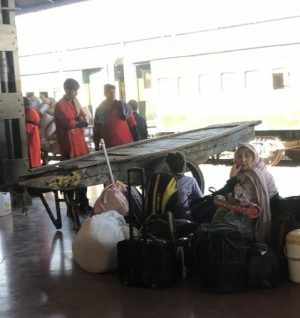
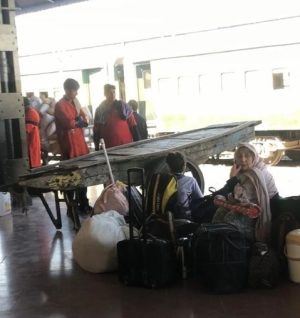

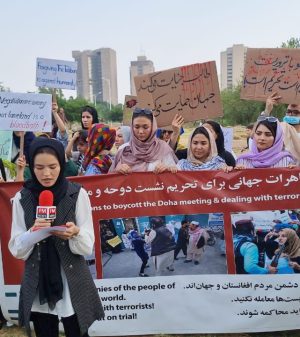
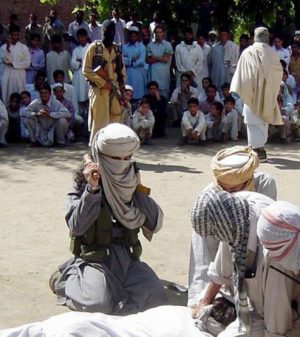
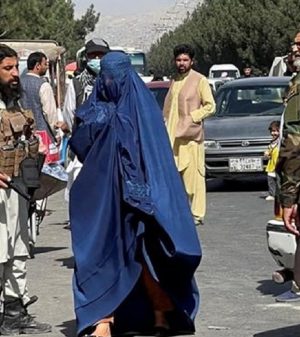
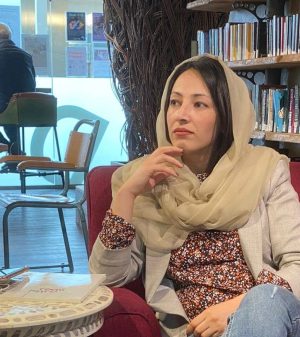
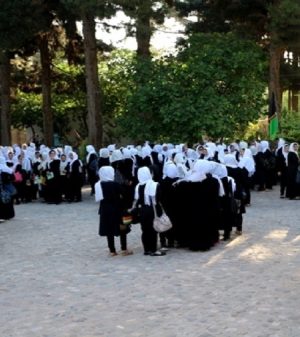
Add Comment